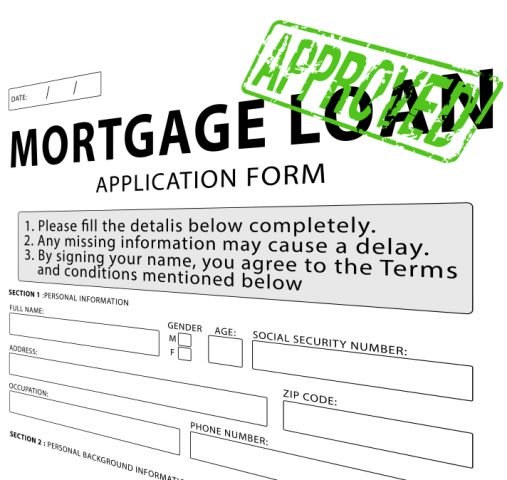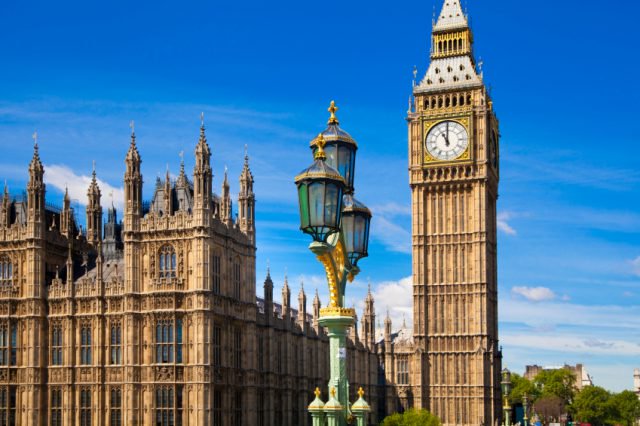Mortgage lending at seven-year high-reaction
New research from the Council of Mortgage Lenders (CML) suggests that gross mortgage lending reached £19.9bn in December 2015.
This was a 3% month-on-month dip on the £20.5bn recorded in November, but was a huge 23% greater than the £16.2bn in December 2014.
Seven-year high
The estimated total of gross lending in 2015 is £220.3bn, an 8% increase on the £203.3bn in 2014 and the largest annual gross lending figure since 2008.
In the final quarter of last year, gross mortgage lending totalled £62.3bn, a 1% increase on quarter three and a 23% rise from the final quarter of 2014.
‘House purchase lending has been rejuvenated over the past year and with the second half of 2015 looking stronger than the first in lending terms, the trend looks positive,’ noted Richard Sexton, director of e.surv charterted surveyors. ‘Small-deposit lending has been transformed by a renewed enthusiasm to help first-time buyers cross the threshold of homeownership, as evidenced by the number of higher LTV products available.’[1]
‘Supply issues have become more of a factor in some areas as we head towards the turn of the year, as both growing demand and house prices finally get the attention they deserve from the Government but limited choice of affordable homes is certainly proving challenge to some buyers. Alongside this obstacle, higher stamp duty changes are finally making their mark upon the top end of the market, Sexton added.[1]
Better than expected
John Phillips, group operations director of Spicerhaart and Just Mortgages noted, ‘in July last year, the CML revised its forecast of gross mortgage lending in 2015 to £209bn from £222bn. However, the latest figures show the total for 2015 was in fact £220.3bn, the highest figure since 2008. The total lending figure is significantly higher than the CML’s previous estimation.’[1]
‘It is promising to see that gross mortgage lending increased by eight per cent last year and the underlying picture is one of modest recovery. The level of demand is likely to be a result of low inflation, strong wage growth and competitive mortgage deals, but there is still an element of uncertainty as demand continues to outstrip supply,’ he continued.[1]
Shaky
Brian Murphy, Head of Lending of the Mortgage Advice Bureau, believes, ‘as well as new entrants to the market, activity has also been stoked by homeowners cashing in on the rising value of their home to climb to the next rung of the property ladder. According to HMRC, housing transactions reached a near two-year high in December.’[1]

Mortgage lending at seven-year high-reaction
Murphy believes however that, ‘this growth is being built on shaky foundations.’ He said, ‘with scarce new homes being brought into the market, housing transactions are largely dependent on homeowners moving and selling their homes. Property turnover has slowed significantly in recent years and this is an unsustainable path for a housing market which urgently needs an increase in the construction of new homes.’[1]
Impressive
Peter Rollings, CEO of Marsh & Parsons, believes the, ‘steady build-up of activity and buyer confidence is even more impressive when you consider some of the adverse changes the housing market has had to stomach over the past twelve months. While the shakeup of stamp duty was indeed a welcome tonic for many first-time buyers and those purchasing property at the lower bands, it has been harder to digest at the middle and top-end, where the increased levy is particularly onerous.’[1]
‘With an additional 3% of stamp duty coming into effect for second homeowners in April, 2016 may well see an opposite trend- and a growth spurt in the early stages of this year that could then taper off in the short-term while the market retunes,’ he continued.[1]
Henry Woodcock, Principle Mortgage Consultant at IRESS, agrees, stating, ‘we expect 2016 to continue in the same light initially, although regulatory change may take its toll eventually. Demand will be bolstered by fast movement in the buy-to-let market ahead of April’s deadline and with a rise in interest rates near enough ruled out for 2016, affordable finance will remain in place for borrowers and prospective buyers.’[1]
[1] http://www.propertyreporter.co.uk/finance/gross-mortgage-lending-reaches-seven-year-high.html






